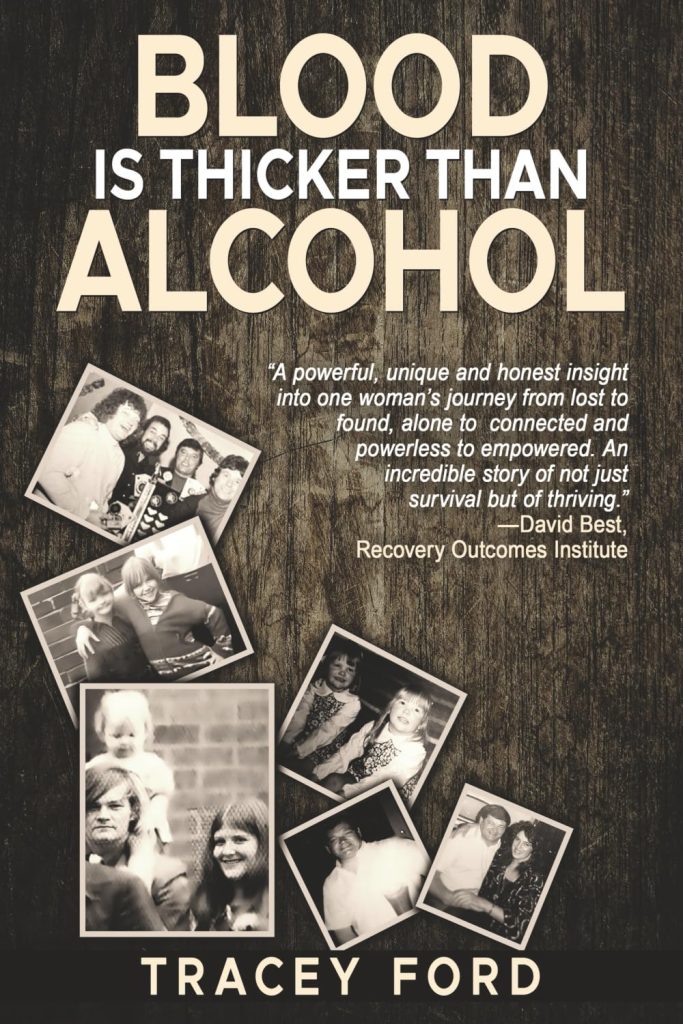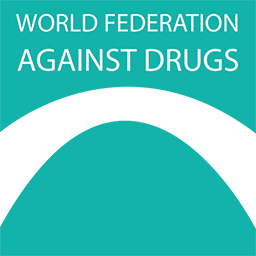In September 2025, Tracey Ford, a member of the WFAD Global Gender Committee, published her Memoir “Blood is Thicker Than Alcohol”. The book dives into her personal story as a family member of someone facing an addiction while also sharing her personal addiction story. Without judgment or stigma, it showcases the strength and possibility of recovery, highlighting that even if recovery is an individual journey, it cannot be done alone. It also shows the reality of addiction and its impact on family members, while constantly portraying the person beyond the addiction rather than focusing on the substance itself.
The book has received numerous positive reviews and is worth reading to not only understand the person and possible triggers behind the addiction, but also the journey and power of recovery. The book is now available on Amazon.
An editorial review was written by Cressida de Witte, WFAD. Read the full review below:
“Blood is Thicker than Alcohol” is a raw, heartfelt, and inspiring account of addiction and recovery. Drawing on lived experience, both as someone in recovery and as a family member of a person living with addiction, the memoir reminds us that recovery is not a given, but it is possible.
The book takes readers through the author’s personal journey, narrating her childhood memories, traumas, self-doubts, toxic relationships, and path to recovery, alongside her reconnection with her father while supporting him throughout his own addiction. This dual narrative puts a face to the ‘label’ of addiction, challenging the stigma that so often accompanies it. It urges the reader to look beyond the label and truly see the person, their character, background, traumas, and triggers, rather than judging the illness they are living with.
The story also illuminates the unseen impact of intergenerational trauma, showing how it can take multiple generations to break the cycle. Without focusing on the substances themselves, it makes clear how addiction can alter a person’s perception of the world, sometimes making it harder to accept help. It portrays not only the helplessness and isolation felt by the person living with addiction but also that of their loved ones, who move through cycles of hope, disappointment, forgiveness, and love.
Ultimately, the memoir affirms that recovery is deeply personal and requires immense resilience. Yet, also, and perhaps more importantly, support from family, friends, and the wider community. Without that support system, calls for help may go unheard, and the barriers to seeking it remain too high, even for family members who are also affected.
What shines through most is the strength of those in recovery and the profound impact they have when they give back to their communities. Their lived experience becomes a source of hope and guidance, helping others find their own way forward.



Leave a Reply
You must be logged in to post a comment.